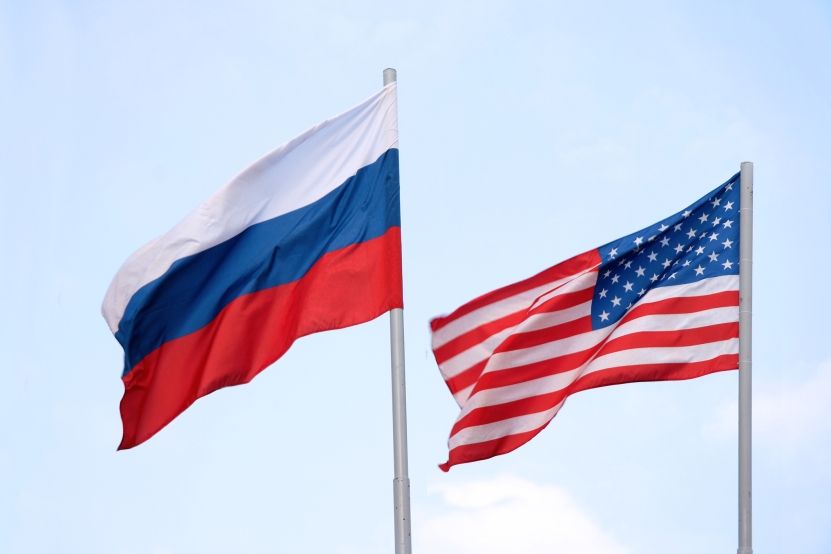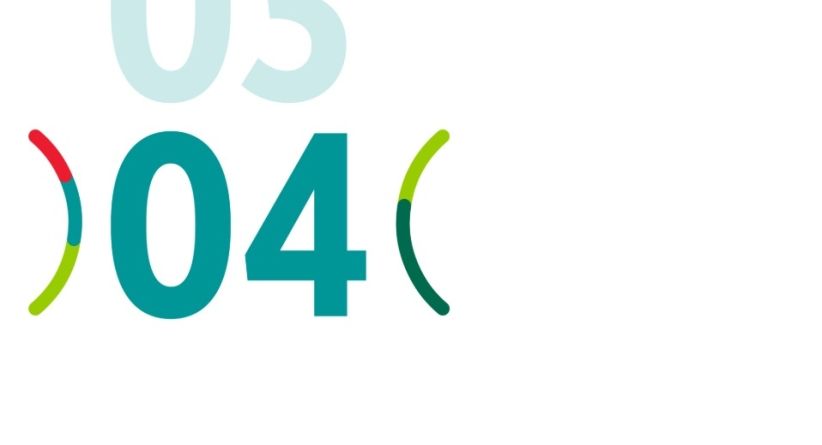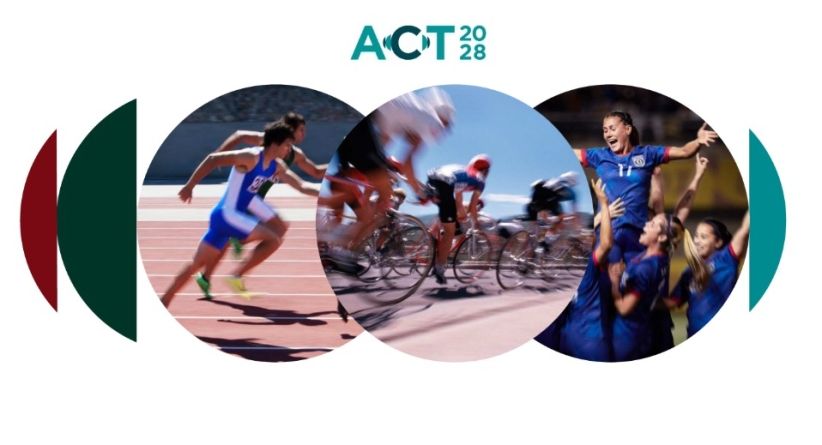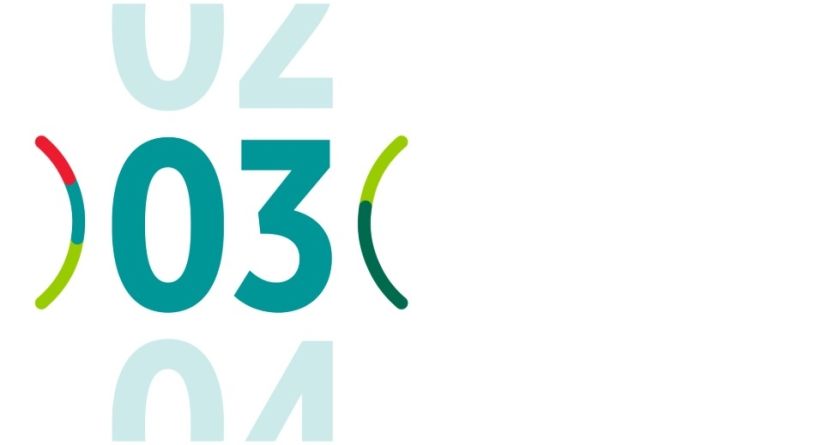
Even at 98 years old, Henry Kissinger[1] is still bending the ears of movers and shakers. An impressive feat for the man who crafted the 1970s US-China rapprochement that would help China – future enemy of the US – take off… But Kissinger is a man who knows all about war, peace and the diverging paths that lead to each.
Last November, he issued a warning about the urgency of easing tensions between the US and China – tensions that could, in his opinion, have catastrophic consequences. Back in 2018, he spoke out about the dangers of rushing headlong into artificial intelligence without a national vision developed by a commission of eminent thinkers: in his opinion, human society is philosophically and intellectually unprepared to make such a leap. An unfettered expansion of AI not guided by a political vision is a threat to the Enlightenment that began with the invention of the printing press. As for cyberspace, Kissinger sees it as fertile ground for a hobbesian[2] anarchy that undermines the international order. Clearly Henry hasn’t lost his marbles!
Much has already been written about the Biden-Putin summit. Was it a major event or a waste of time? It emerged over the weekend that the US is preparing fresh sanctions against Russia. Already? Is predicting the future simply a matter of projecting forward from the last few months? That kind of linear view of forecasting implies an exponential rise in tensions and is too simple a scenario. If you’ll permit me a pre-summer diversion, geopolitics is like the structure of books. Think about Diderot or Kundera… or jazz improvisation. The structure may be invisible but that doesn’t mean it isn’t there. It’s what guides long-term events, even when they sometimes seem to be driven by individual whims and wanderings. Structure is the seven parts of Kundera’s novels and the principle around which the polyphony of his heroes is organised: history, the tragedy of Central Europe, the Weltanshauung[3] of an era.
In fact, this summit had a geopolitical structure and Kissingerian undertones. If the current trend continues, reconnecting with this strand of DNA from America’s history would give fresh direction to Washington’s strategy. In geopolitics as in economics, it’s important to trust historical inertia – this is what economists call path dependency. Yet the international novel that’s being written is going to be disrupted by events that may send shockwaves rippling outwards. Domestic political pressures in particular. Let’s not forget that Biden’s priority is to bring a divided nation back together, while Putin’s is to ensure stability for Russia and its near neighbour as the end his troubled reign approaches.
Russian pivot?
The name Kissinger is synonymous with realpolitik. Russia will thus remain an enemy in US defence documents. But pushing Russia into China’s arms would make old Mackinder’s [4] nightmare a reality. “Who rules East Europe commands the Heartland; who rules the Heartland commands the World-Island; who rules the World-Island commands the world.” Thus thought Mackinder at the beginning of the 20th century, convinced that the world had to be understood as a map with two opposing poles separated by a central island. This understanding is even more relevant at a time when China represents an existential threat to the United States: a working alliance between China and Russia would upset the global balance. But how can America be persuaded to seek a soft landing with Russia? What should we say to Poland? And what of human rights, that core principle on which the “club of democracies” is built?
Is there really a risk of a Russia-China rapprochement? With each of these countries’ society, history and tradition shot through with a desire for the West, it’s hard to see Moscow drifting towards China. This goes back to Russia’s “double consciousness”[5] in which the West is both idealised and feared – a mentality that emerged long before the Soviet era. As for the strategic hinterland of Central Asia, it’s also difficult to draw a line between mere influence on the one hand and the Chinese threat to Russia on the other. Yet China’s share of Russian investment and trade is growing fast and military and technological cooperation is gathering pace. Meanwhile, the population is weary of sanctions and, like other peoples, senses a kind of global shift towards Asia. According to Russia’s Levada Centre, while 52% of Russians in 2008 said they considered themselves European, today 64% say they don’t…
Bring back the old telephones!
Realpolitik is supposed to be all about predictability – something that ought to be of great interest to investors. In a world where the “shock doctrine” is very much in vogue, classical diplomacy would be one way to manage expectations, as central banks aim to do. Biden and Putin have jointly claimed they want to ensure predictability. That’s great to hear, thanks! In finance, unpredictability means a higher risk premium. For Russia, this premium is reflected in exchange rates and the sovereign spread and prevents the country’s credit rating from being upgraded. Either Russia or America could, of course, play the “strategic surprise” card, or allow itself to be driven by domestic and foreign events. But it is not in either’s interest to do so. And pledges have been made.
First, direct communication has been restored between the two presidents, and their ambassadors are to return to their posts. This has always been the best way to avoid conflict, and is even more so today, with risk events proliferating (in Ukraine, Azerbaijan, the Baltic states, the Mediterranean, etc.) and local actors having their own influencing strategies (e.g. Turkey). And the temptation to seek legitimacy in outside conflict is no less great in Kiev, Ankara or Baku than it is in Moscow! In this environment, in which the great powers are no longer capable of singlehandedly stabilising anything at all (cf. Russia’s powerlessness in Karabakh and America’s in Afghanistan), communication between the great powers is vital, especially since shocks will also be triggered by minor powers and, above all, will arise spontaneously, beyond anyone’s control.
To avoid disastrous misunderstandings and spare the world the kind of nightmare scenario portrayed in Doctor Strangelove, a telephone hotline was put in place between Moscow and Washington in August 1963, after the Cuban Missile Crisis.This has since become established practice, with hotlines put in place in 2004 between India in Pakistan, in 2008 between China and Russia and in 2015 between Beijing and Washington to regulate activities in outer space.
Lastly, anyone who claims to be a lover of peace will agree that reiterating that nuclear war cannot be allowed to happen and resuming disarmament negotiations are no mere empty gestures – indeed, they are vital steps. Need we be reminded that various nuclear strategies now incorporate the idea of the “first strike”, which runs counter to the idea of deterrence? We should welcome this renewed awareness of the principle of MAD (mutual assured destruction), which to this day remains our only guarantee of peace in a nuclear world.
The long road to 1815?
Realpolitik and communication… But Kissinger’s influence is also to be seen in the posture that recognises the irreducible difference of the Other while defining the limits of non-aggression and opening up negotiations. Kissinger wrote his doctoral thesis on the Vienna Congress of 1815, and Putin waxes enthusiastic about this historic moment of balance between European powers. And so today America’s red lines are drawn around human rights, Ukraine and the sixteen strategic sectors – ranging from infrastructure to water – that should be off limits to cyberattacks, a list of which Biden has given to Putin. The importance of this attempt to organise the relationship between the two countries is obvious. How well it will be applied in practice remains to be seen…
1815: the year when nations came together, hegemony was shared, and the longest period of peace Europe had ever known dawned. We can dream! Well, yes… but for the principle of the balance of powers to be able to keep the battle for supremacy in check, China would first have to be willing to come to the negotiating table. And the realists in the White House would have to prevail over the ideologists. And the Russians would have to… you get the idea. And, above all, the only way for the global system to edge towards stability is by bilateral agreement… something that sounds rather harsh to European ears.
Tania Sollogoub
Tania.sollogoub@credit-agricole-sa.fr
References
1 Henry Kissinger served as National Security Adviser and Secretary of State under Richard Nixon and Gerald Ford. He also advised a number of other US presidents on foreign policy. He was awarded the Nobel Peace Prize in 1973.
2 In accordance with the philosophy of Thomas Hobbes.
3 A general term that has been a key concept in German philosophy, referring to a comprehensive conception of life and humanity’s relation to the world.
4 Sir Halford John Mackinder, a British geographer generally considered one of the founding fathers of geopolitics.
5 Article to read by clicking here.






